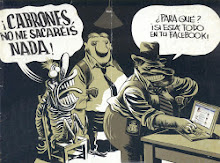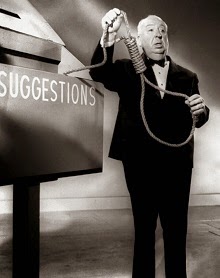The
author, most recently, of “After I’m Gone” likes books steeped in the
quotidian. “You can learn how to run a chicken-and-waffle restaurant by reading
‘Mildred Pierce.’ ”
What’s the best book you’ve read recently?
My reading life is like an airport where
a bunch of planes circle in a holding pattern, then — boom, boom, boom, several
come in for a landing. So I have three: Helen FitzGerald’s “The Cry,” Elizabeth
Hand’s “Illyria” and Tom Nissley’s “A Reader’s Book of Days.” “The Cry” tackles the toughest
subject in crime fiction, the death of an infant, and it surprised me, which is
rare when I’m reading crime fiction. Hand’s book is a Y.A. literary mash-up of
“Flowers in the Attic” and Noel Streatfeild’s “Theater Shoes.” Nissley’s book offers monthly reading lists, and
I’m a sucker for such lists. January includes H. P. Lovecraft, Zadie Smith and
Arthur Hailey — what’s not to love?
Your
husband is David Simon, creator of “The Wire” and co-creator of “Treme.” Do
you share the same taste in literature? Has either of you opened the other
up to different kinds of book or favorite authors?
I don’t read enough nonfiction, and
David tends to read fiction as homework for new projects. (A bunch of books
about the Spanish Civil War and the Abraham Lincoln Brigade showed up in the
house recently.) But David’s reading more novels by women, and I’ve started
Sheri Fink’s “Five Days at Memorial.”
Both of
you are former journalists. How has that experience affected your sense of story?
To what extent do your novels arise from the reporting you did at The San
Antonio Light and The Baltimore Sun?
In my newspaper days, your endings could
be literally sliced off in the composing room, so it was dangerous to get
attached to them. Yet I think this has made me work harder on endings in
fiction. Twenty years as a reporter left me with a healthy but not obsessive
desire to get things right, as did Mary McCarthy’s “The Fact in Fiction,” a
seminal essay for me. It also left me with a real distaste for anyone who
fabricates, or passes off nonfiction as fiction, and yes, I’m sorry but that
includes David Foster Wallace.
Sell us on
your favorite overlooked or underappreciated writer.
Edward Eager wrote a series of
children’s books that are in danger of being forgotten. But they’re divine,
stories about ordinary kids who stumble on magical things — a coin, a lake, a
book, a thyme garden, a well. The magic changes them, they try to change the
magic, the magic moves on. Great female characters, too — strong, smart,
capable, not killjoys. “Half Magic” is his masterpiece, but I have a soft spot
for “Knight’s Castle,” which is set in Baltimore.
What kinds
of stories are you drawn to? And how would you describe the kinds of books you
steer clear of?
I like books steeped in the quotidian —
details about work and place. You can learn how to run a chicken-and-waffle
restaurant by reading “Mildred Pierce.” And I like fiction about money. I wish
there were more novels inspired by the economy, from the micro (Jess Walter’s
“The Financial Lives of the Poets” and Eliot Perlman’s “Three Dollars”) to the
macro (John Lanchester’s “Capital,” Adam Haslett’s “Union Atlantic”). I am
leery of writers who are too in love with their protagonists and assemble
choruses of secondary characters to sing their praises. She’s so beautiful!
She’s so smart! Nancy Drew is a prime example, but it happens in literary
fiction too.
Which
books might we be surprised to find on your bookshelves?
For someone who’s skeptical of memory, I
read a lot of memoirs. But I prefer memoir in audio format. The best readers
aren’t necessarily professional performers, although I love everything Julia
Sweeney has done and Simon Pegg’s “Nerd Do Well” is outstanding, one of a kind.
Bill Bryson is my favorite among all audio readers; I always buy his books in
multiple formats. I also have a shelf dedicated to the bonkbusters written by
my friend Rebecca Chance. They’re delectable. Plus, I like to say “bonkbuster”
whenever the opportunity presents itself.
Do you
have a favorite poem?
If we agree that Stephen Sondheim is a
poet, then I pick “Someone in a Tree,” which encompasses all my favorite
subjects — perspective, memory, who gets to tell the story. My more traditional
pick would be W. H. Auden’s “In Memory of W. B. Yeats,” particularly for the lines about poetry
flowing past the places “where executives would never want to tamper. . . . ranches of isolation . . . raw towns.” I covered poverty
for The Baltimore Sun for a long time, and there was definitely a raw town vibe to that beat.
A favorite
love story?
Ruth McKenney’s “Love Story.” McKenney
is remembered for the “My Sister Eileen” stories, but this is about her
marriage to Richard Bransten. It has a terribly sad coda, however. Her husband
killed himself on her 44th birthday, and she never wrote again. Given that
Eileen had died in a car crash with her husband, Nathanael West — well,
McKenney had more than her share of tragedy. Yet, despite knowing all of this,
I find “Love Story” heartening. I’ve just found out that Christina Stead has a
posthumous novel based on McKenney and Bransten, and I’m dreading reading it
but probably will.
A favorite
novel?
“Lolita.” I read it when I was 12. Not
that I was a prodigy. I was a kid obsessed with dirty books, and I had inferred
from a Jean Kerr piece, a parody of “Can This Marriage Be Saved?,” that
“Lolita” was really dirty. I read “Lolita” over and over, trying to find the
dirty parts. Rereading “Lolita” became an annual tradition for me. In the
annotated version, Alfred Appel — I took his class at Northwestern University —
seemed to think that Nabokov was mocking the detective novel with his precise
clues about Lolita’s abductor, but I yearn to believe Nabokov admired Poe. And
I love, love, love how Clare Quilty’s name slides right past Humbert in Mona
Dahl’s letter. Um, spoiler alert.
What were
your favorite childhood books?
The Betsy-Tacy books were essential to
me. Beverly Cleary’s Ramona Quimby is a great achievement, a character for the
ages. Elizabeth Enright; Irene Hunt; E. L. Konigsburg; Zilpha Keatley
Snyder; Sydney Taylor’s All-of-a-Kind Family books; Lenora Mattingly Weber’s
Beany Malone books; Eleanor Estes, “The Hundred Dresses” in particular. The
“Shoe” books. “The Great Brain.” And as the mother of a 3-year-old to whom I read nightly, I just want to say
— my daughter has horrible taste in books. Horrible.
What was
the last book that made you laugh?
“CivilWarLand in Bad Decline.” I’m late
to George Saunders. I’m often late.
The last
book that made you cry?
“CivilWarLand in Bad Decline.”
The last
book that grabbed you to the point you found yourself telling others, “You must
read this book”?
“Whatever Happened to Baby Jane?” The
film is quite true to it, but the book is even better.
If you
could require the president to read one book, what would it be?
I’d give him a list of academic novels
from which to choose — David Lodge’s “Nice Work”; Michael Chabon’s “Wonder
Boys”; A. S. Byatt’s “Possession”; Jane Smiley’s “Moo”; Richard
Russo’s “Straight Man”; Francine Prose’s “Blue Angel.” It’s been said politics is meanest where the stakes are smallest, but it
seems to me that politics has gotten pretty mean at the top. So perhaps one of
these books could prove instructive.
What does
your personal book collection look like? Do you organize your books in any
particular way?
I’m a librarian’s daughter. I know the Dewey Decimal System, and I am familiar
with the Library of Congress classification system because it’s used by
Baltimore’s public library, the Enoch Pratt. My fiction is alphabetized by
author, divided between adult and children’s literature, hardcover and
paperback. I let my husband organize the nonfiction. It breaks my heart, but I
let him.
Disappointing,
overrated, just not good: What book did you feel you were supposed to like, and
didn’t? Do you remember the last book you put down without finishing?
I put books down all the time and am
often out of step with mainstream opinion. I stopped reading one beloved book
on the penultimate page because I didn’t want to reward the writer by caring
enough to finish. And there’s one admired writer, a Man Booker winner, who has
lured me into three books, all of which made me insane with anger. Beautiful
beginnings, then he punts the ending every time. It’s as if a strong, credible
ending makes him feel dirty in some way. But I don’t name names. You could say
I’m a wimp, but I prefer to steal a line from Kathy Griffin: “I talk about
people behind their backs. It’s called manners.”
What books
are you embarrassed not to have read yet?
There’s so much. There’s so much that
I’m beyond embarrassment. I should hang a sign around my neck that says, “Oops,
majored in journalism.” Maybe I’ll go back to college with my daughter when she
heads there in 14 years, take a degree in literature. And won’t she love
that?
What book are
you most eagerly anticipating in 2014?
“The Fever,” by Megan Abbott. Megan is a
friend, but I was a fan first. With each novel, she creates a fresh voice, a
voice integral not just to the characters, but to the milieu. The druggy
dreamscape of “Bury Me Deep,” the rat-a-tat “Sweet Smell of Success” rhythms in
“The Song Is You,” the coiled gymnastic energy of “Dare Me” — I can’t wait to
see what she does with a town full of girls suffering from the same mysterious
affliction.

















.jpeg)


.jpeg)
.jpeg)

.jpeg)

.jpeg)








0 comentaris:
Publica un comentari a l'entrada